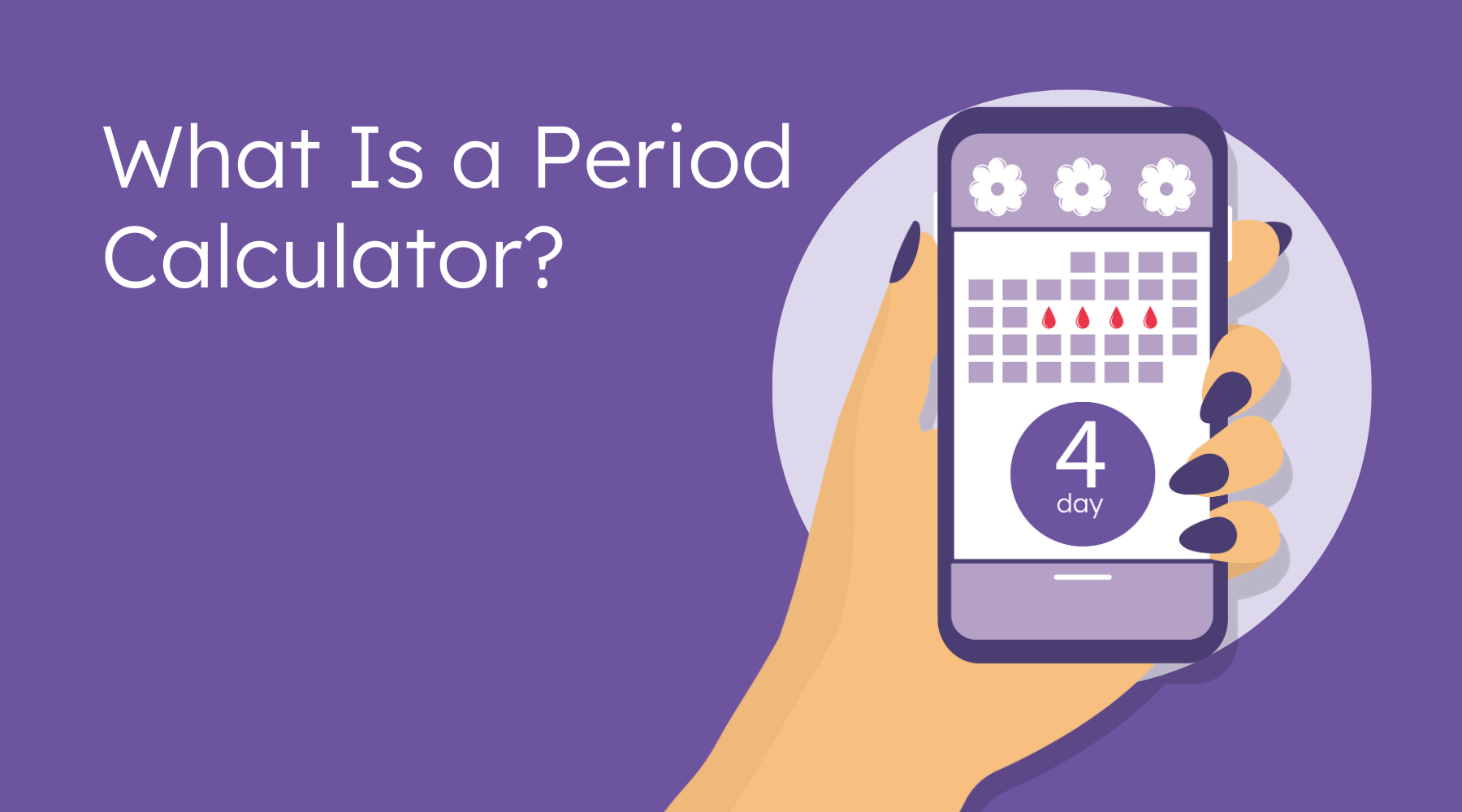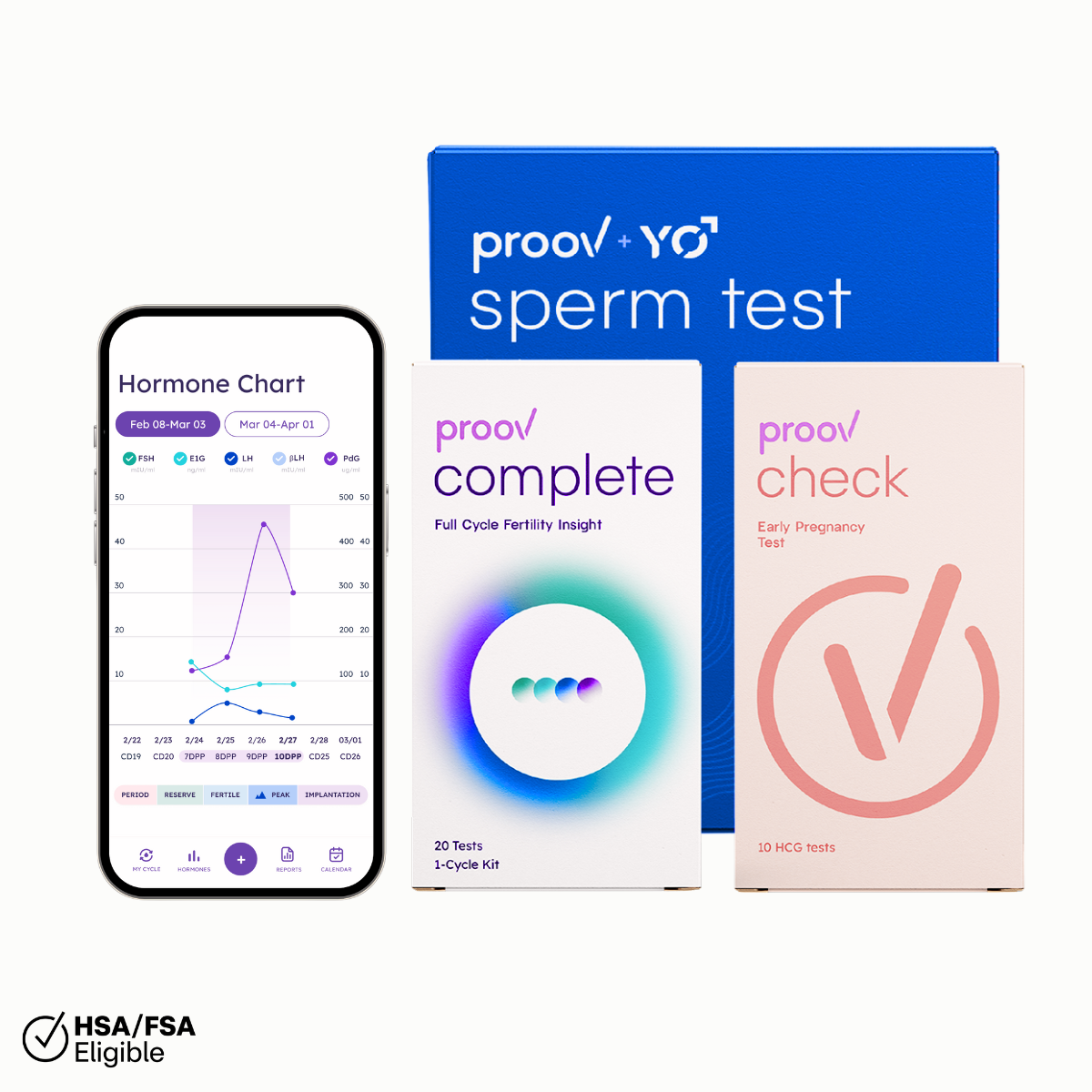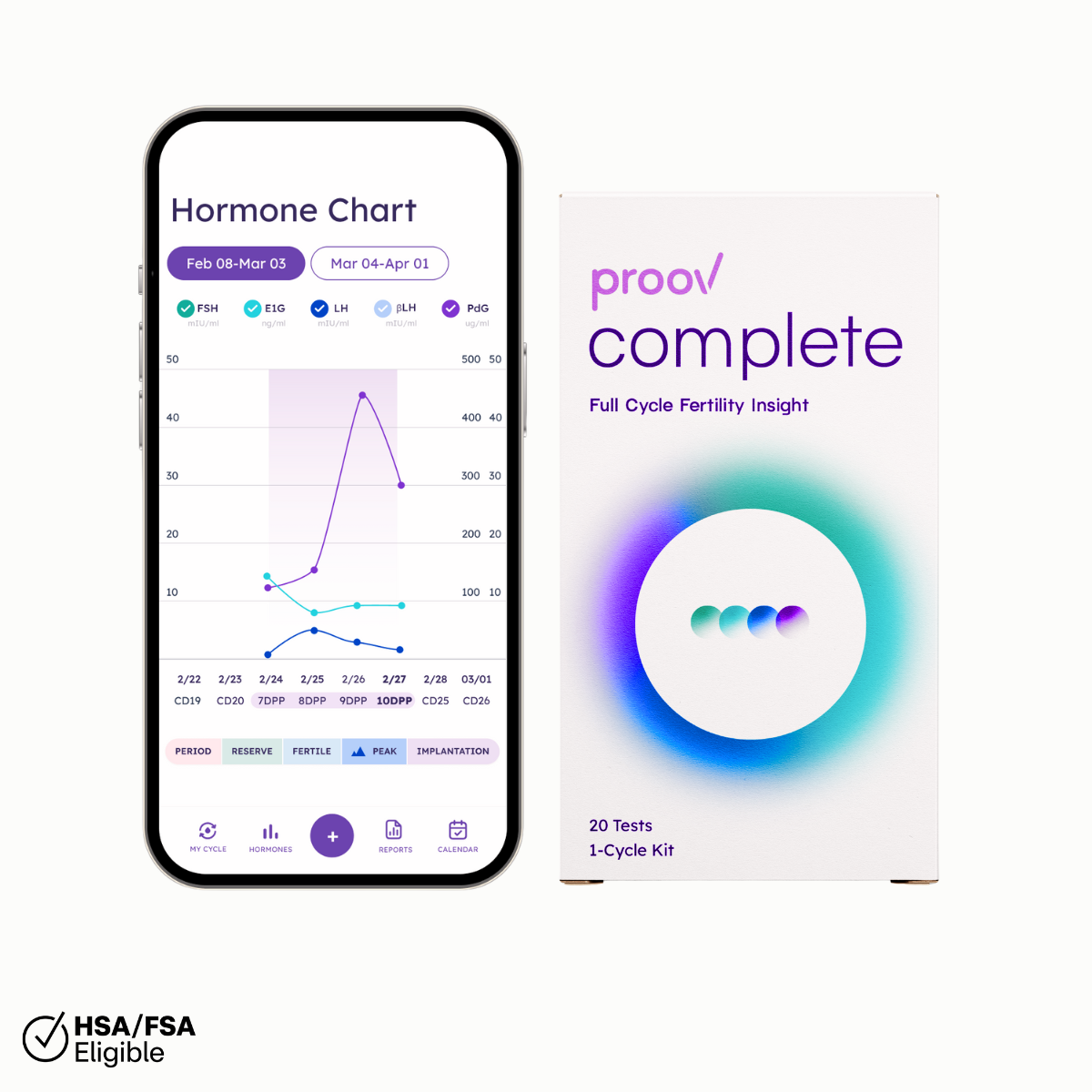Whether you’ve heard the term or not, if you have a menstrual cycle then chances are you’ve encountered a period calculator in some form or another!
A period calculator just refers to any tool that helps you keep track of and predict when your period will come. It may be as simple as counting out the average length of your cycle and marking your paper calendar, or it could be as complex as an app that asks questions about previous cycle history and maybe even logs symptoms.
Either way, the idea is the same: using previous cycle data – primarily average cycle length – to try and predict when your period is coming. For instance: if you typically have 30 days from the start of one period to the next, once your period starts, you (or your app) count out 30 days and mark it, theoretically telling you when the next period is.
Why do people use period calculators, and are they actually accurate and worth using? We’ll tackle these questions and more below. Keep on reading to learn more about period calculators and (spoiler alert) better ways to track your hormones and cycles.
Why would I use a period calculator?

You can probably already imagine some practical uses for a period calculator, including knowing when to carry some extra pain reliever and tampons or when to avoid white pants. If you’re using a period calculator that also tracks past periods, it may help you get overall cycle data and help out when the doctor asks the ever-awkward, “When was your last period?”
Many people also use period calculators when they’re trying to get pregnant, too. Since ovulation typically occurs in the middle of your cycle, using a period calculator can help estimate when you’re ovulating and when your most fertile days are.
Some period calculators and period tracking apps will also use both your period and past cycle data to try and predict your fertility, and this is a common way people get started with cycle tracking when beginning trying to get pregnant.
In addition to finding your fertile days to properly time intercourse, knowing when your period is expected will also help you know when you should begin testing for pregnancy.
Are period calculators accurate?
Is using a period calculator to find your fertile days accurate though, and is it actually giving the information you think you’re getting?
Unfortunately, while many period calculators and apps look sophisticated and may include questions about your health or cycle length, the information they provide is based on outdated assumptions and not usually rooted in any understanding of your unique hormone patterns.
They aren’t all the same, either! In fact, one study analyzed 10 different period apps with the same cycle data and found that they gave completely different predictions of periods and fertile days.
Period calculators that ask for your past cycle history at least may be slightly more accurate, but just because your cycles have historically been, say, 27 days, doesn’t mean they’ll continue to be or that any given cycle will be. Your cycle length may change due to stress, illness, or a number of other factors. Or, if you have irregular cycles, this data typically won’t be reliable.
Finally, if you’re using your period calculator to try and conceive, it may be giving you incorrect information about when you ovulate. Many of these calculators assume a day 14 ovulation, but studies show that’s just not true for the majority of people. Since mistiming intercourse is a primary cause of infertility, it’s important to get right when you’re actually fertile.
Is there a better way to track my hormones and ovulation?
So if your period calculator isn’t necessarily your best tool, is there a better option out there?
Yes! Instead of just guessing based on past cycle data, you can test your unique biomarkers to predict and confirm ovulation.
For a more comprehensive overview, you may want to check out “How to Track Ovulation.” To get you started though, here are a few ideas!

- Cervical mucus: the fluid secreted by your cervix changes in response to hormones! As ovulation approaches, cervical mucus becomes more watery, and resembles raw eggwhite.
- Predicting ovulation with LH testing: Luteinizing hormone rises 12-36 hours before ovulation, and helps detect your two most fertile days! If you’re using your period tracker to help get pregnant, adding ovulation testing can help increase your chances of pregnancy compared to the app alone.
- Confirming successful ovulation: While a period tracker may try to predict when you’re fertile, what it definitely can’t tell you is if you actually ovulated, and if that ovulation was successful! “Successful” ovulation means that progesterone was elevated and sustained enough to actually support a new pregnancy. Proov Confirm can confirm successful ovulation and can still work well even if you’re attached to your period tracker.
Want to track all 4 cycle hormones to predict and confirm ovulation? Try Complete!














